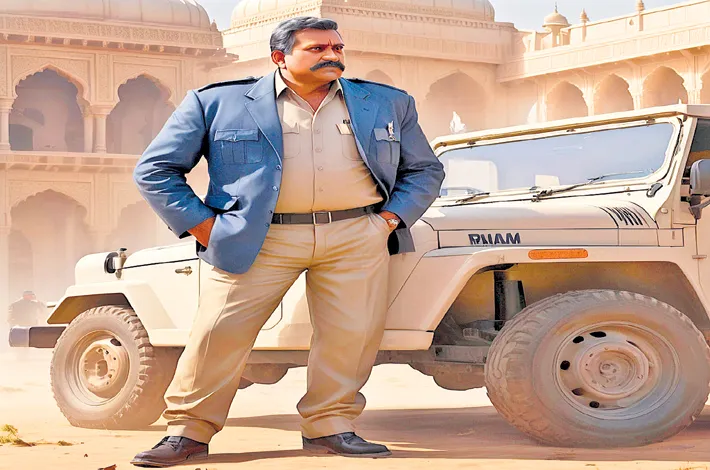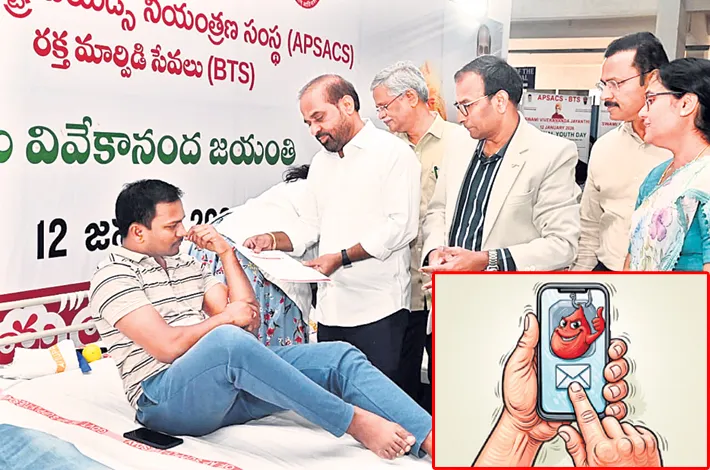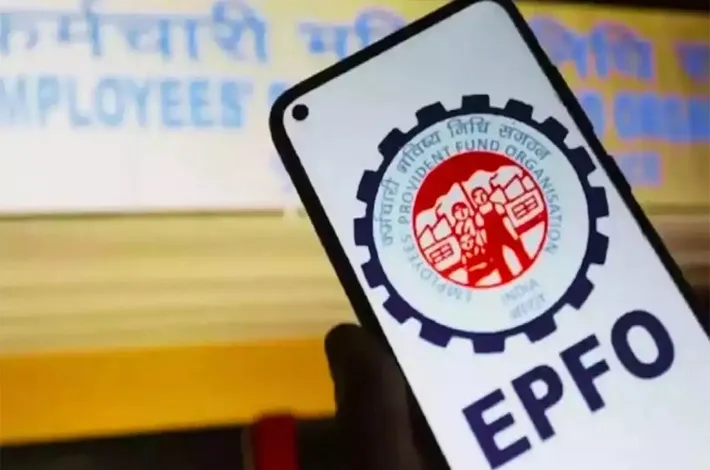The Killing at the Tombs
21-05-2025 12:00:00 AM

In the dusty, history-soaked city of Aurangabad, where ancient tombs whispered tales of empires long gone, a chilling crime shattered the evening calm. Inspector Vikram Deshmukh, a grizzled veteran of the Aurangabad Police, leaned against his weathered jeep, staring at the lifeless body sprawled near the Bibi Ka Maqbara.
The moon hung low, casting eerie shadows over the monument’s marble dome, a poor man’s Taj Mahal. The victim, a young woman in her twenties, lay with her throat slit, her silk dupatta stained crimson. A single clue—a silver pendant shaped like a crescent moon—glinted in her clenched fist.
Vikram’s gut churned. This wasn’t a random killing. The precision of the cut, the absence of struggle, and the pendant suggested something deliberate, almost ritualistic. He scanned the crowd of onlookers—tourists, vendors, and locals—searching for a telltale twitch. Nothing. “Bag the pendant,” he barked at Constable Shinde, a rookie with a nervous habit of adjusting his cap. “And get the forensics team here. Now.”
Aurangabad wasn’t Mumbai or Delhi, where murders were as common as monsoon floods. Here, crime was petty—pickpockets at the Ellora Caves, the occasional drunken brawl. A murder like this, at a heritage site no less, was a slap to the city’s pride. Vikram’s phone buzzed. It was Superintendent Rao, his voice sharp. “Solve this fast, Deshmukh. The media’s already sniffing around. We don’t need a panic.”
By dawn, the victim was identified: Meera Joshi, a 24-year-old history student at Dr. Babasaheb Ambedkar University. She’d been researching the Mughal era, spending hours at the tombs and libraries. Her roommate, Ayesha, tearfully told Vikram that Meera had been secretive lately, meeting someone at odd hours. “She said she was close to uncovering something big,” Ayesha whispered. “Something about the Maqbara.”
Vikram’s first lead was the pendant. He sent Shinde to local jewelers, who confirmed it was custom-made, a rare piece from a shop in Shahgunj. The owner, a wiry man named Iqbal, recognized it instantly. “Made it for a man last month. Paid in cash, didn’t give a name. Said it was for someone special.” Iqbal’s eyes darted nervously. Vikram pressed him, but the man swore he knew nothing more. A dead end, for now.
Back at the station, Vikram pored over Meera’s research notes, confiscated from her hostel. Pages were filled with sketches of the Maqbara, references to Aurangzeb’s reign, and cryptic mentions of a “hidden vault.” One name kept appearing: Professor Khalid Ansari, her advisor. Vikram drove to the university, where Ansari, a man with a salt-and-pepper beard and a penchant for tweed, seemed shaken but cooperative. “Meera was brilliant,” he said, adjusting his glasses. “She believed there was a secret chamber beneath the Maqbara, tied to Aurangzeb’s treasures. I told her it was a myth.”
Vikram wasn’t convinced. Ansari’s hands trembled slightly, and his office was littered with books on Mughal artifacts. A quick call to Shinde revealed Ansari had been seen near the Maqbara the night of the murder, despite claiming he was home. Vikram decided to tail him.
That night, under a starless sky, Vikram followed Ansari’s scooter to Paithan Gate, a seedy part of town where smugglers and black-market dealers thrived. Ansari entered a dimly lit warehouse. Vikram crept closer, peering through a cracked window. Inside, Ansari argued with a man in a hooded jacket, their voices low but heated. “You weren’t supposed to kill her!” Ansari hissed. The hooded man laughed, his voice cold. “She was getting too close. You want the vault, you play by my rules.”
Vikram’s pulse quickened. He radioed for backup, but before he could act, a shadow moved behind him. A sharp blow to his head sent him sprawling, darkness swallowing his senses.
He woke in a damp cellar, hands bound, the air thick with mildew. The hooded man loomed over him, his face obscured. “You’re a problem, Inspector,” he said, twirling a knife. “But I’ll give you a choice: walk away, or end up like Meera.” Vikram’s mind raced. The pendant, the vault, Ansari’s betrayal—it was all connected. He needed to stall. “Who are you protecting?” he asked, voice steady despite the throbbing pain. The man smirked. “Someone who pays better than your government.”
A distant siren wailed—Shinde, bless his nervous soul, had tracked him. The hooded man cursed and fled, leaving Vikram to wrestle free from his ropes. Backup arrived, and the warehouse was raided, but the man was gone. Ansari, however, was caught trying to slip out. Under interrogation, he cracked like cheap glass. “It’s about the vault,” he sobbed. “A collector, a foreigner, hired us to find it. Meera figured out its location. She was going to expose us.”
Vikram pieced it together. The collector, likely operating through the hooded man, wanted a fabled Mughal treasure hidden beneath the Maqbara. Meera’s research had brought her too close, and she’d paid the price. The pendant? A token from the collector, perhaps a signature of his network.
The case wasn’t fully closed—the collector remained a ghost, and the vault’s existence was still unproven. But Vikram stood at the Maqbara’s steps a week later, watching tourists snap photos, oblivious to the blood spilled in its shadow. Shinde approached, cap in hand. “Think we’ll find him, sir?” Vikram lit a cigarette, exhaling into the dusk. “Some secrets stay buried, Shinde. But not forever.”








